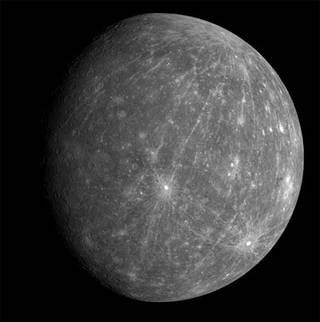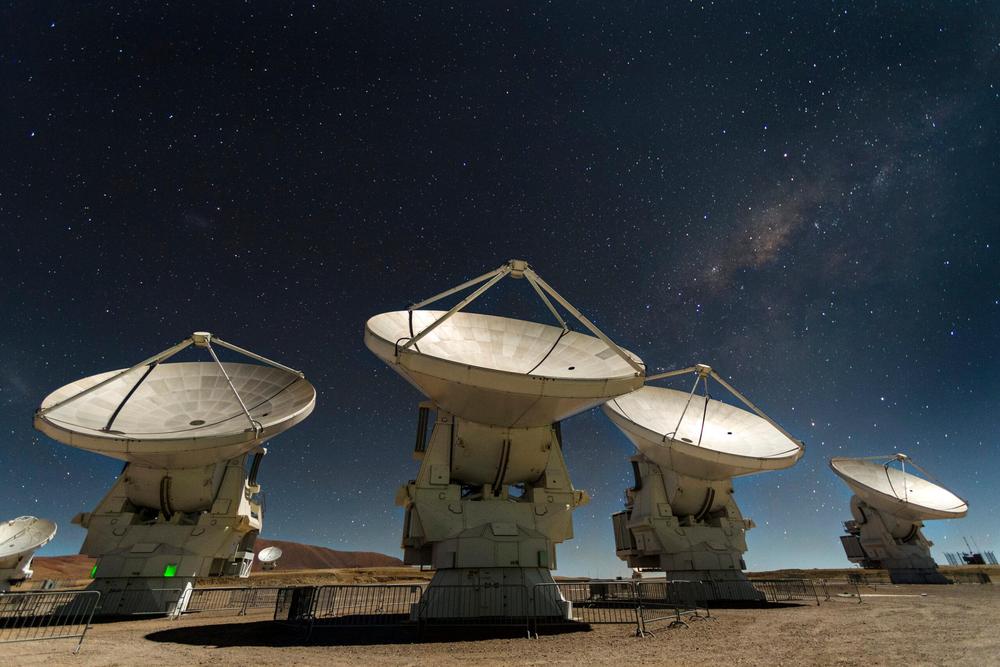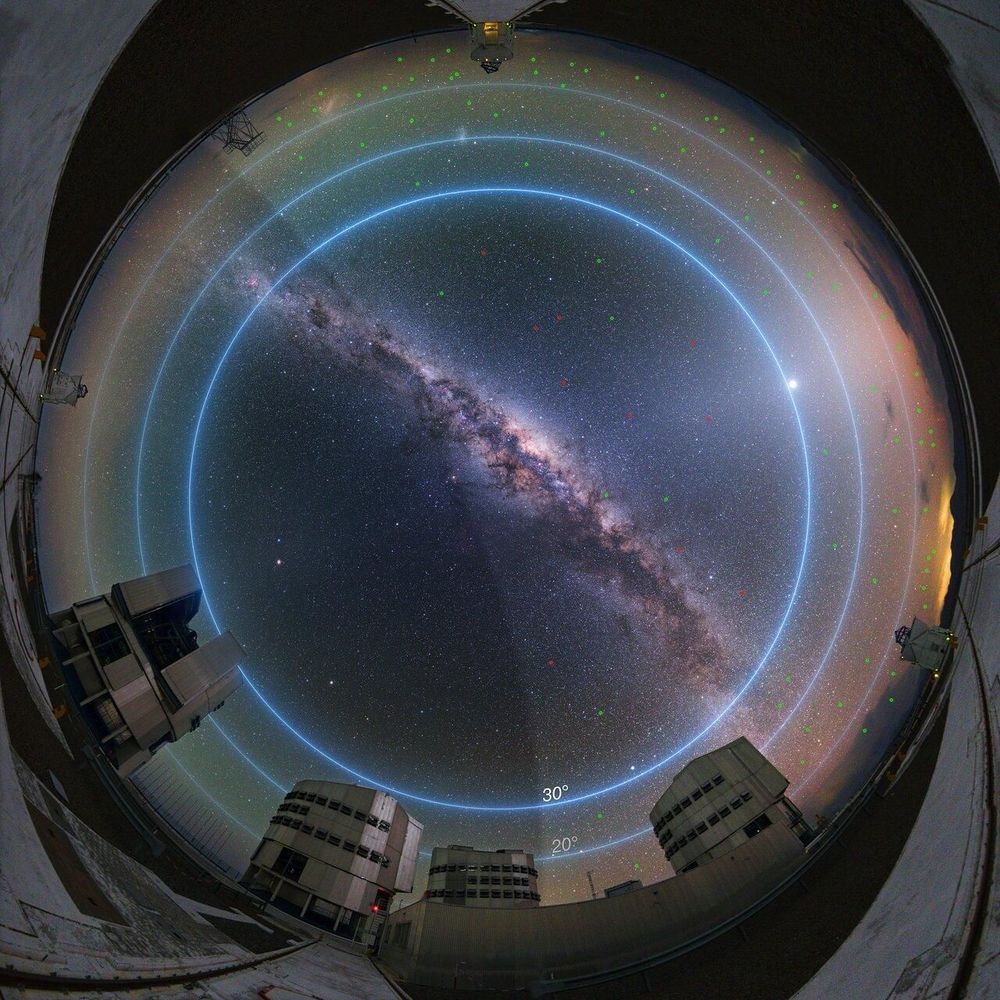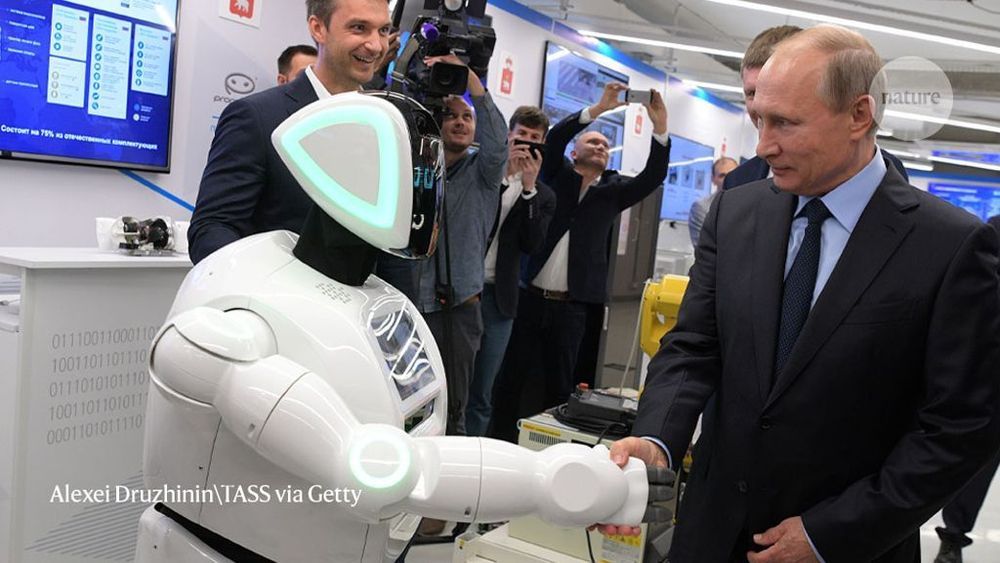From the US territory Guam, sightings came in of a fireball falling from the sky. The strategic location of Guam and the U.S. military stationed there has drawn attention for years. Guam thrust into the limelight during heightened tensions with North Korea. In August 2017, North Korea launched missiles that flew over Japan and into the northern Pacific Ocean in an apparent attempt to threaten the US territory of Guam. North Korean leader Kim Jong Un did not follow up on his threats, but a fireball came crashing down from a different source.
Local officials quickly released an announcement indicating the Chinese Long March Launch as a likely source of the fireball. Indeed, an Indonesia satellite launched on a Chinese rocket came crashing back to Earth. The satellite failed to reach orbit. The failure of the new communications satellite for Indonesia to reach orbit marked the second failure for china’s space agency in less than a month, state media reported April 9.
It is unlike the Chinese Long March 3, workhorse of the Chinese launch industry, series rocket to fall. According to the Xinhua News Agency, the rocket lifted off at 7:46 p.m local time from China’s Xichang Satellite Launch Center in the Sichuan province. The rocket traveled according to plan during the first and second stages. The Rocket third stage experienced abnormal conditions.








